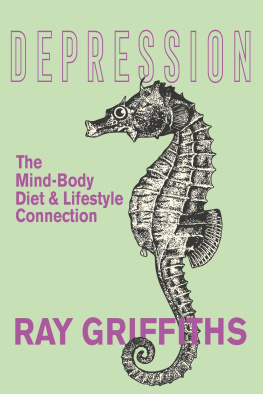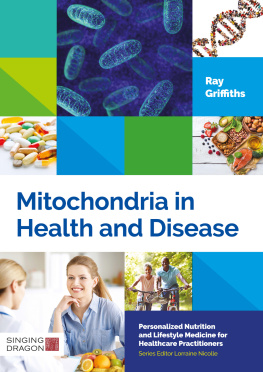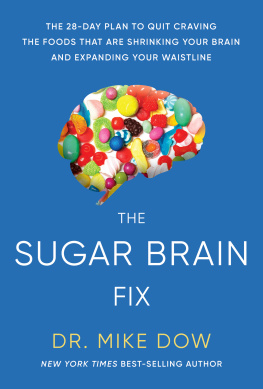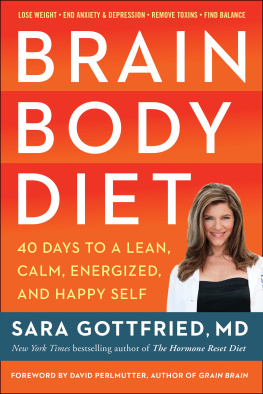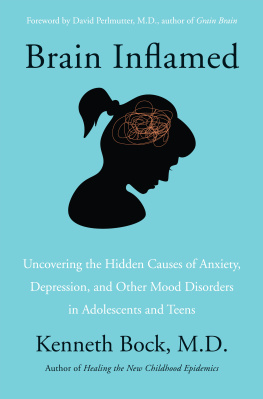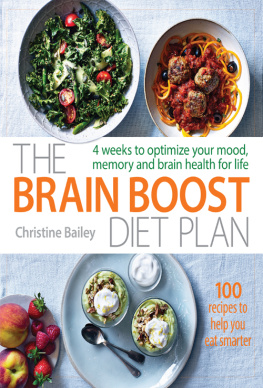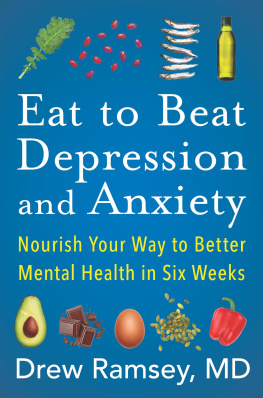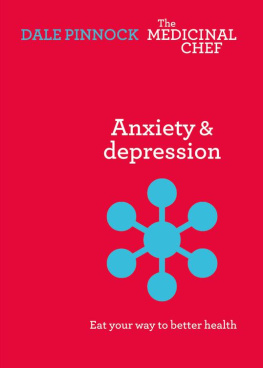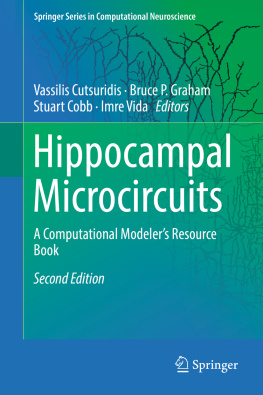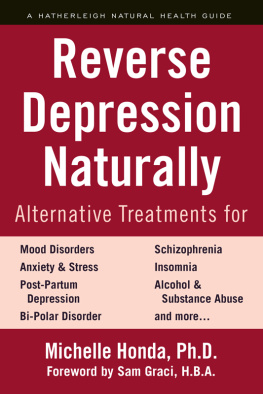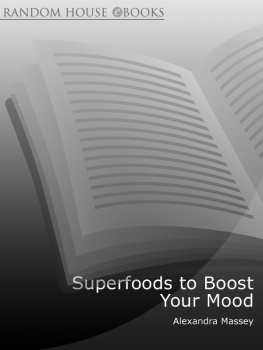To Liz, Mum, Dad, Maureen, Sheila, Doug, Kelly, James, Judd, Harry, Carol, Roy, Pam, Tina, Debbie and Jez
Its estimated that 350 million people worldwide are currently suffering from depression (Singhal & Baune, 2017) and that one in six people will be affected by a depressive disorder in their lifetime (Yirmiya, Rimmerman, & Reshef, 2015). There is no doubt that depression is huge burden on society and healthcare providers.
Depression, anxiety and mood disorders are often seen as entirely psychological in cause. However, more and more research is highlighting that chronic health issues, poor diet and lifestyle choices can, and will, negatively impact our mental health. This book is in no way negating the importance of psychological support for mental health issues, but it is merely attempting to raise the profile of a whole body approach in supporting mental health.
The mind-body connection
It is strange that when diagnosing a condition, we prefer to restrict the diagnosis to one part or system of the body. If we have a blood problem we go to a haematologist, a gut problem, a gastroenterologist and a nervous system problem, a neurologist. However, if conditions cross our artificially drawn boundaries, which they frequently do, then there may be a loss of focus on the condition by health professionals.
This loss of focus is starkly apparent when a condition transgresses from the mind to the body and becomes psychosomatic. Somehow a psychosomatic health issue is viewed by many as a lesser issue than a purely psychiatric or purely bodily disease.
The reverse of psychosomatic is considered even less; i.e. soma-psychic to transgress from the body to the mind. It is strange that we readily accept that our five senses work in a soma-psychic manner by transferring bodily senses to a psychic sense of self. However, we find it harder to accept that the ill-health or wellness of our body can also transfer to our mind and sense of self.
This book is effectively about soma-psychic and psychosomatic illness and wellness how diet and lifestyle choices will, and do, translate to mental and physical illness and wellness.
The Hippocampus
The part of the brain most heavily associated with mental health, memory, emotion and mood is called the hippocampus. The hippocampus is the name used in biology for seahorses. It is the unusual seahorse-like shape of the hippocampus that has led to its evocative name. Just as seahorses charm and enchant the depths of the sea, our own hippocampus (when supported and nurtured) can help to enchant our own lives.
Researchers have noticed that there are a lot of scientific papers linking problems with the hippocampus to depression in particular, the shrinking or failure regrow this part of the brain after stress. This has led to the formation of a theory about the causation of depression called the The neurogenic theory of depression and anxiety. In support of this theory is the fact that antidepressant medication has been found to decrease hippocampal shrinkage and encourage its regrowth (Miller & Hen, 2015).
Stress
Stress is so part and parcel of everyday life that it is almost seen as normal for all of us to be overwhelmed by too much stress. Sadly, excessive psychological stress can damage and undermine the function of parts of the brain associated with memory and our sense of mental wellbeing.
Brain inflammation
Over the past ten years, there has been an increasing awareness that there was something else going on with mental health issues beyond a persons individual psyche. An extremely large clue as to what else was going on in mental health issues was found as medicine gained a more comprehensive understanding of brain inflammation.
Brain inflammation (an overactive immune system within the brain) has been reported increasingly in depressive disorders. Interestingly SSRIs (selective serotonin uptake inhibitor drugs prescribed for depressive patients) have been found in several studies to have anti-inflammatory effects in the brain.
For many years it has often been thought that people suffering from chronic health conditions were depressed purely due to the debilitating symptoms of the condition itself. We are now reaching an understanding that chronic health conditions and mental health issues both have inflammation as a driving force simultaneously. Inflammation may be the common cause of mind and body ill-health rather than just one health problem triggering the other. However, there is now increasing evidence that physical ailments may be drivers of depression and anxiety, in their own right.
Diabetes, osteoporosis, heart disease, arthritis, obesity, cancer, stroke and asthma are all health conditions which have all been observed to be strongly associated with depression and anxiety (Clarke & Currie, 2009). This indicates that, to look after our minds, we absolutely must look after our whole body and this doesnt mean overindulging it with fast food, sugar, stimulants, drugs and getting no exercise!
Neurogenesis and neuroplasticity
To be able to maintain a sense of mental wellbeing, parts of the brain must be able to grow, repair, adapt and survive the stresses that modern life throws at it. This chapter looks at neurogenesis (growth of neurons) and neuroplasticity (changes in neuronal form to be able to adapt to changes in life circumstances).
Neurotrophins
For neurogenesis to occur, the brain synthesises compounds called neurotrophins to help promote this regenerative process. Neurotrophins are sensitive to diet, nutrition, exercise and our sense of emotional fulfilment. This chapter examines how to support the generation of these vital compounds which can help to fertilise new neuron growth in the hippocampus.
Sugar
Many people with depression devour extremely large amounts of sugar and other simple carbohydrates. It was often thought that depressed people consumed more sugar because they desired the powerful pick me up associated with sweet foods. There is now strong evidence to suggest that the exact opposite is true that ingesting large amounts of sugar, consumed over several years, may be a significant cause of many depressive disorders (Knppel et al., 2017).
Sadly, artificial sweeteners may not be the answer to avoiding sugars negative impact on mental health. Artificial sweeteners have been found to be associated with anxiety, depression, insomnia, mood swings and headaches (Choudhary & Lee, 2018).
Female hormones and sugar
Almost twice as many women as men suffer from depressive disorders. This large difference is in part due to the complexity and variations of female hormones throughout each month during a womans fertile years (Albert, 2015). Not only are female hormones needed to maintain fertility, they are also required for women and girls to support their mental health (Watson et al., 2010). Sadly, the modern world is a minefield laden with disruptors of oestrogen (endocrine disruptors). Plastics, pesticides and by-products of bleaching can all interfere with the finely tuned hormonal balance in women.
However, there is one powerful endocrine disruptor that many women choose to ignore sugar! The metabolism of sugar in most cells in the body is heavily reliant on another hormone called insulin. It is thought that the interference of insulin in a womans hormonal balance is behind many of the negative effects which sugar exerts on female hormonal and mental health (Larsson et al., 2016; Jedel et al., 2010).

